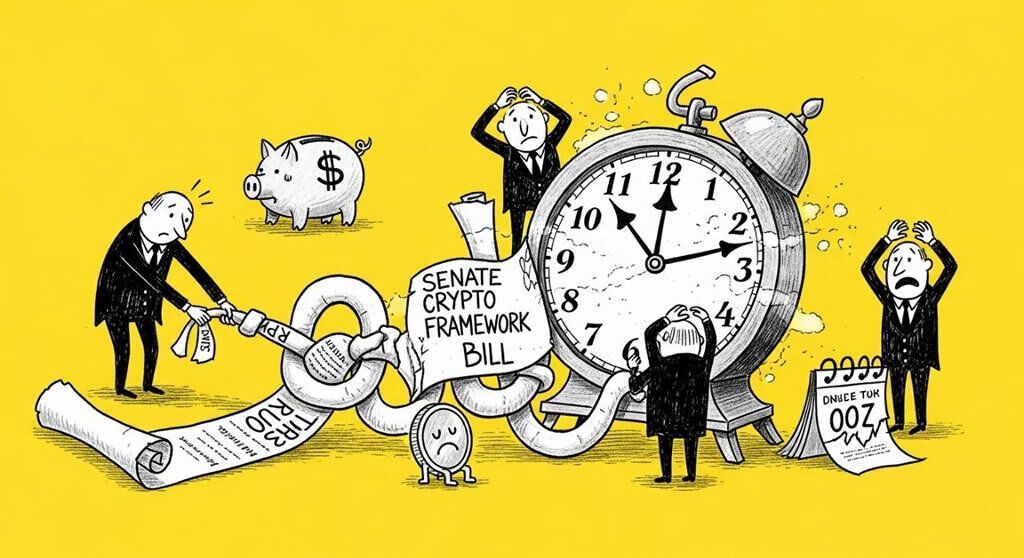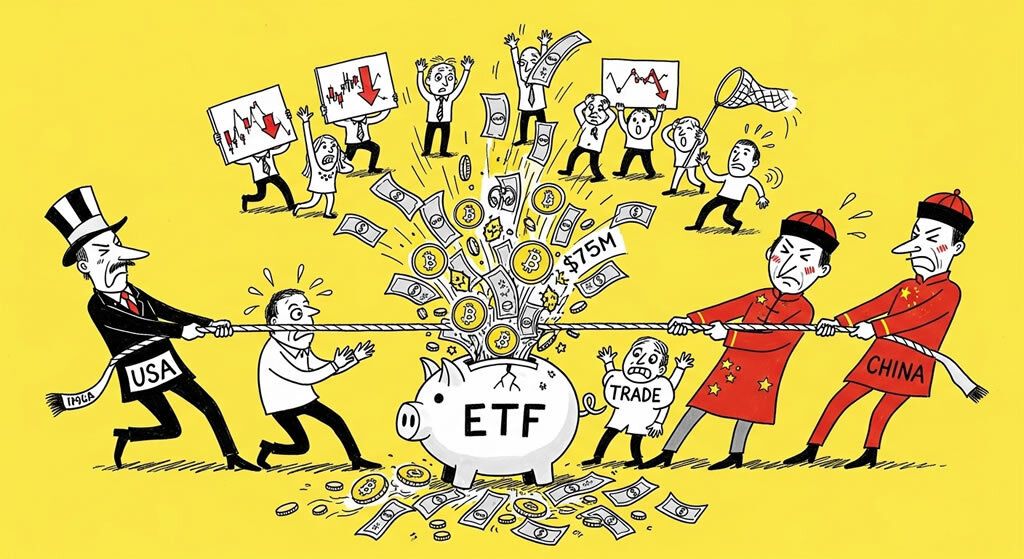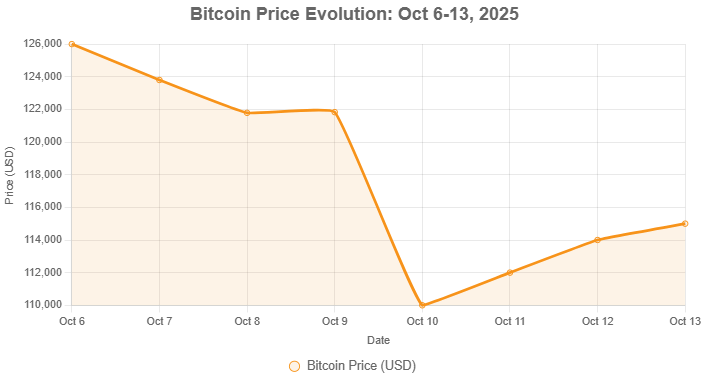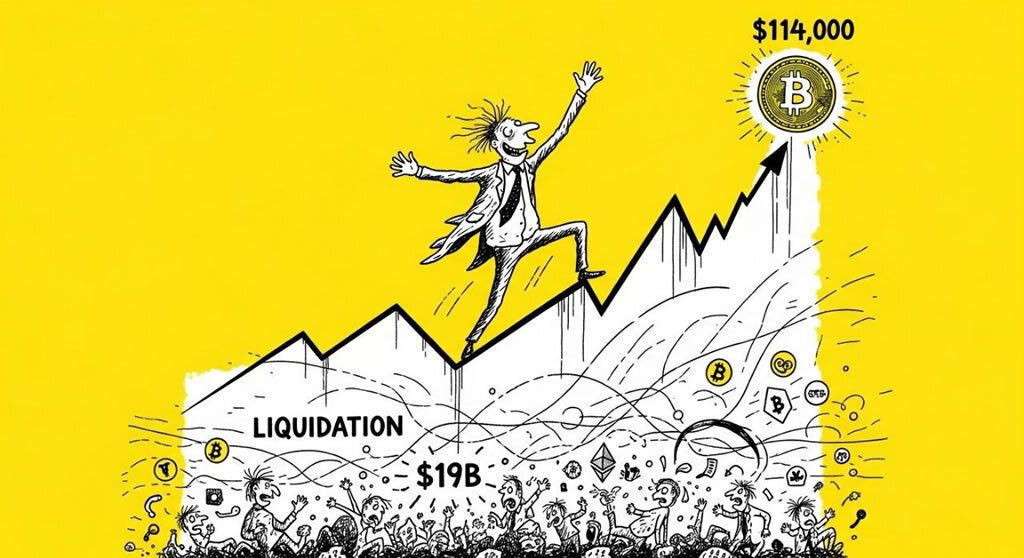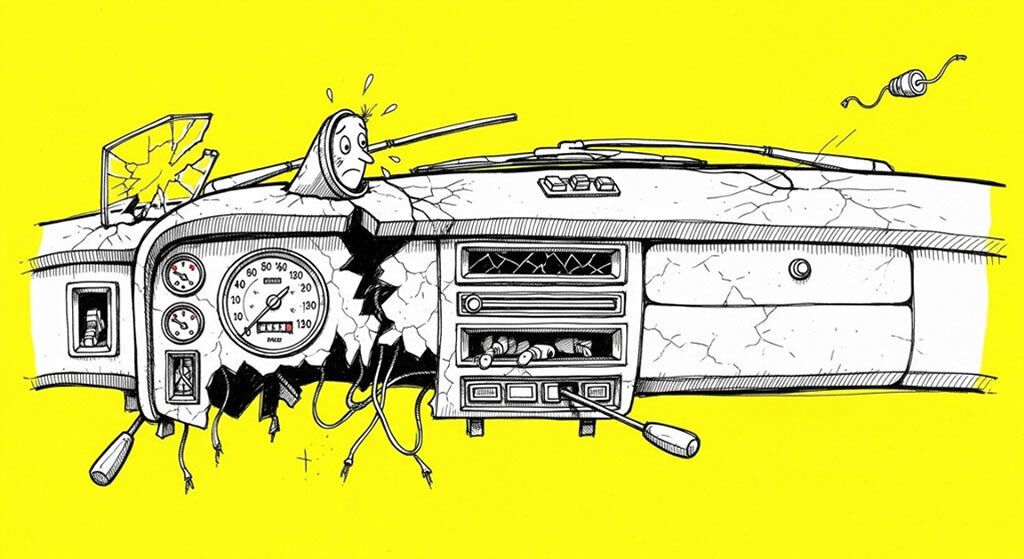The Global Meme Coin Craze: Milei, Trump, and the Politics of Hype
- Argentine President Javier Milei’s $LIBRA token crashed 94% within hours, erasing $4.4 billion in market cap after insiders cashed out $100 million.
- Donald Trump’s $TRUMP token, launched in January 2025, soared to a $14.5 billion valuation before plummeting 76%, costing over 810,000 investors $2 billion.
- Both leaders leveraged their populist platforms to hype meme coins, sparking a global trend of political figures dabbling in decentralized finance (DeFi).
- The fallout exposes the risks of pump-and-dump schemes, leaving retail investors burned while raising ethical questions about political influence in crypto.
From the gilded halls of Mar-a-Lago to the presidential residence in Buenos Aires, a curious trend is sweeping the globe: world leaders are shilling meme coins. What began as a quirky footnote in Donald Trump’s crypto saga has morphed into a full-blown phenomenon, with Argentina’s Javier Milei as its latest poster child. The hook is irresistible: “From Trump to Milei: Why are world leaders shilling meme coins—and who pays the price?” The answer lies in a volatile mix of populist bravado, decentralized finance, and the unrelenting hype machine of social media. But as the dust settles on these digital disasters, it’s clear that the price is steep—paid not by the leaders, but by the everyday investors left holding worthless tokens.
This article dives into the twin tales of $TRUMP and $LIBRA, dissecting how these political heavyweights turned to meme coins to flex their influence, only to see their experiments implode spectacularly. Along the way, we’ll unpack the broader implications for DeFi, the allure of crypto for populist leaders, and the wreckage left behind when the hype bubble bursts.
The $TRUMP Token: A Golden Launch, a Gilded Crash
In January 2025, just days before his second inauguration, Donald Trump unveiled $TRUMP, a Solana-based meme coin billed as the “Official Trump” token. Launched on January 17, it was a masterstroke of branding—complete with an image of Trump raising his fist after surviving an assassination attempt. “It’s time to celebrate everything we stand for: WINNING!” he declared on Truth Social. The market responded with fervor: within hours, $TRUMP’s price rocketed from 18 cents to $75, hitting a market cap of $14.5 billion, per CoinGecko data. Early traders, including a mysterious wallet that snapped up 5.97 million tokens two minutes after launch, cashed out with profits like $2.7 million.
But the euphoria was short-lived. By February 18, 2025, $TRUMP had cratered to $17—a 76% drop from its peak—wiping out $2 billion in value for over 810,000 wallets, according to The New York Times. The Trump Organization, holding an 80% stake via CIC Digital LLC, raked in $100 million in trading fees, per Chainalysis estimates. Critics like Anthony Scaramucci called it a “pump-and-dump” scheme, tweeting, “Trump’s attempt to rally support accelerated the decline—down 70% from its peak.” Meanwhile, copycat coins flooded the market—over 700 by early February—further muddying the waters for unsuspecting investors.
The $LIBRA Fiasco: Milei’s Misadventure in Buenos Aires
Fast forward to February 2025, and Javier Milei, Argentina’s self-styled “anarcho-capitalist” president, took a page from Trump’s playbook. On February 14, he tweeted about $LIBRA, a token pitched as a private initiative to fund small businesses and boost Argentina’s economy. The link led to vivalalibertadproject.com—a nod to Milei’s rallying cry—and the token surged to a $4.5 billion market cap within hours, with trading volume hitting $1.5 billion.
The rug was pulled almost instantly. Within 37 minutes of Milei’s post, the first buyer sold for a $6.5 million profit, while insiders linked to the development team withdrew $107 million in USD Coin and Solana, per Lookonchain. The token crashed 94%, erasing $4.4 billion in value. Milei deleted his tweet five hours later, claiming ignorance: “I was not aware of the details of the project,” he wrote on X, blaming “filthy rats of the political caste” for the backlash. The fallout? Calls for impeachment, a 6% plunge in Argentina’s stock market, and a national scandal dubbed a “rug pull” by the fintech chamber.
“To the filthy rats of the political caste who want to take advantage of this situation, I say they confirm how vile politicians are,”
Milei posted on X
Implications: Why It Matters
This meme coin craze isn’t just a financial footnote—it’s a seismic shift at the intersection of politics and DeFi. For leaders, it’s a tool to monetize loyalty and project innovation; for investors, it’s a high-stakes gamble often ending in ruin. The numbers speak volumes: $TRUMP’s $100 million in fees dwarfed the $2 billion lost by small traders, while $LIBRA’s $4.4 billion wipeout triggered a national crisis in Argentina. Globally, it’s stoking fears of regulatory crackdowns—Public Citizen’s DOJ complaint against Trump hints at what’s to come. As Arthur Hayes mused on X, “By 2026, politicians might launch meme coins to fund campaigns.” The stakes? Trust in crypto, political integrity, and billions in retail wealth.
Data Spotlight: Meme Coin Volatility
Here’s a snapshot from CoinGecko, tracking $TRUMP and $LIBRA’s wild rides:
| Token | Launch Date | Peak Market Cap | Current Value (Feb 18, 2025) | % Drop from Peak |
|---|---|---|---|---|
| $TRUMP | Jan 17, 2025 | $14.5 billion | $17 (~$3.4 billion cap) | 76% |
| $LIBRA | Feb 14, 2025 | $4.5 billion | $0.12 ($24 million cap) | 94% |
This volatility underscores the speculative nature of meme coins—hype-driven spikes followed by brutal crashes.
Key Concepts
- Meme Coin: A cryptocurrency tied to internet trends, often volatile and speculative. 📈
- Pump-and-Dump: Hype inflates a token’s price, insiders sell, and it crashes. 💰➡️🗑️
- DeFi: Decentralized finance, cutting out middlemen like banks. 🌐
- Rug Pull: Developers abandon a project after pocketing funds. ♂️💸
Conclusion
The $TRUMP and $LIBRA sagas reveal a troubling truth: when populist leaders dive into DeFi, the promise of empowerment often masks a grift. Trump’s token enriched his family while leaving 810,000 investors poorer; Milei’s experiment tanked Argentina’s credibility alongside $4.4 billion in value. Both cases highlight the dangers of rug pulls—schemes where insiders hype and dump, leaving retail traders as collateral damage. As this trend spreads, from Washington to Buenos Aires and beyond, the question looms: will crypto’s freedom ethos survive the political circus, or are we watching the birth of a new gilded age—digital edition?
© Cryptopress. For informational purposes only, not offered as advice of any kind.
Latest Content
- Understanding Cryptocurrency Market Crashes: Insights from the 2025 Decline
- Senate Crypto Framework Bill Stalls Amid Democrats’ Counterproposal on DeFi Regulations
- Bitcoin and Ethereum ETFs Record $755M Outflows Amid Escalating US-China Trade Tensions
- Weekly Crypto Roundup – Turbulence, Tariffs, Liquidations, and the Road to Recovery
- Bitcoin Rebounds Above $114,000 After Historic $19B Crypto Liquidation Wipeout
Related
- Milei’s LIBRA Memecoin Scandal LIBRA's market cap exceeds $4 billion before crashing 95% after Milei's retraction....
- The Meme Coin Phenomenon on Solana: A Double-Edged Sword The rise of meme coins on Solana, their explosive popularity, potential risks, and surprising impact on the blockchain....
- Cryptocurrency Trading Soars in Argentina Amid Economic Uncertainty Argentine pesos are the fastest-growing crypto trading pair in Latin America....
- Political Memecoins React to Trump’s Historic Guilty Verdict Former President Donald Trump's guilty verdict on 34 felony counts of falsifying business records sent shockwaves through the political memecoin market....



